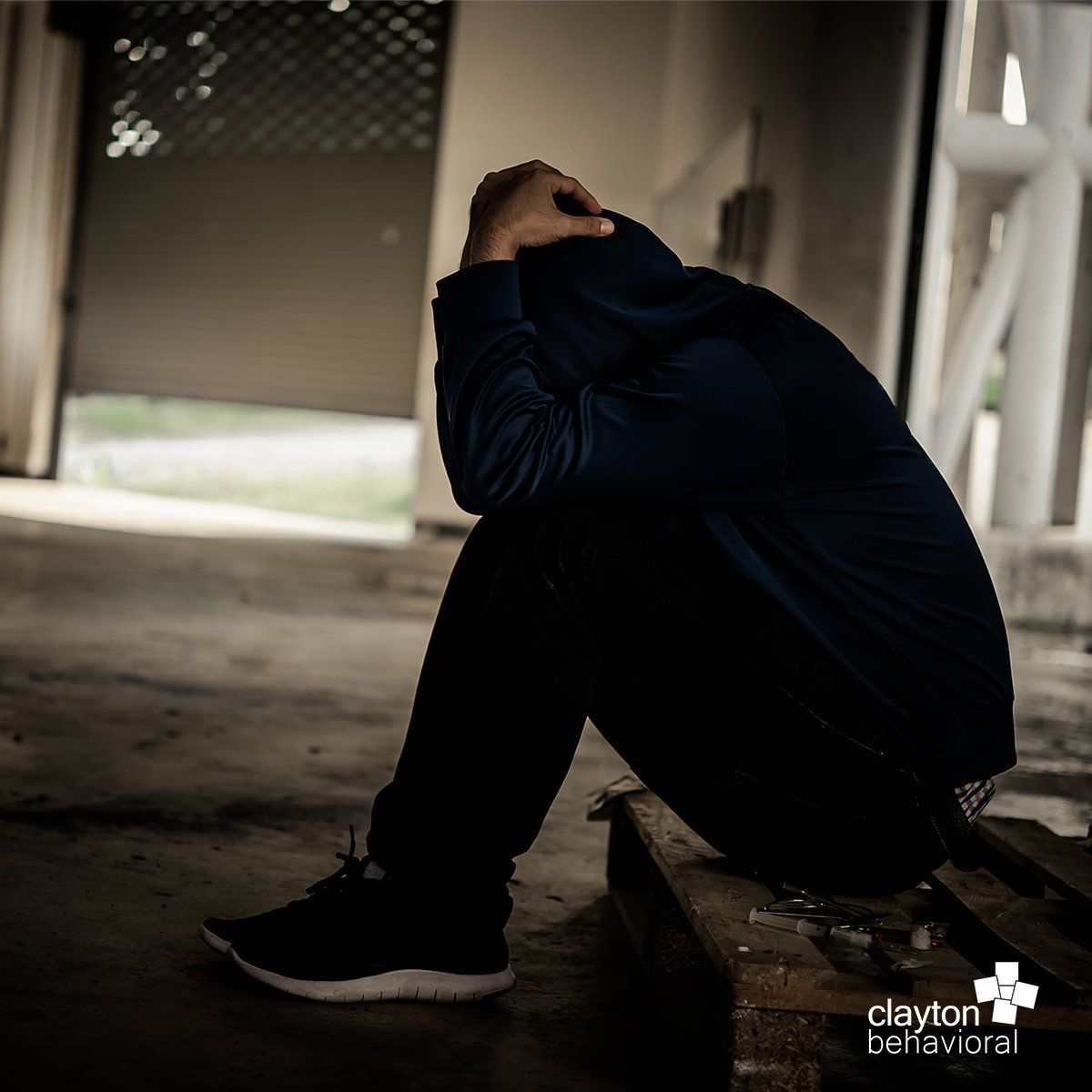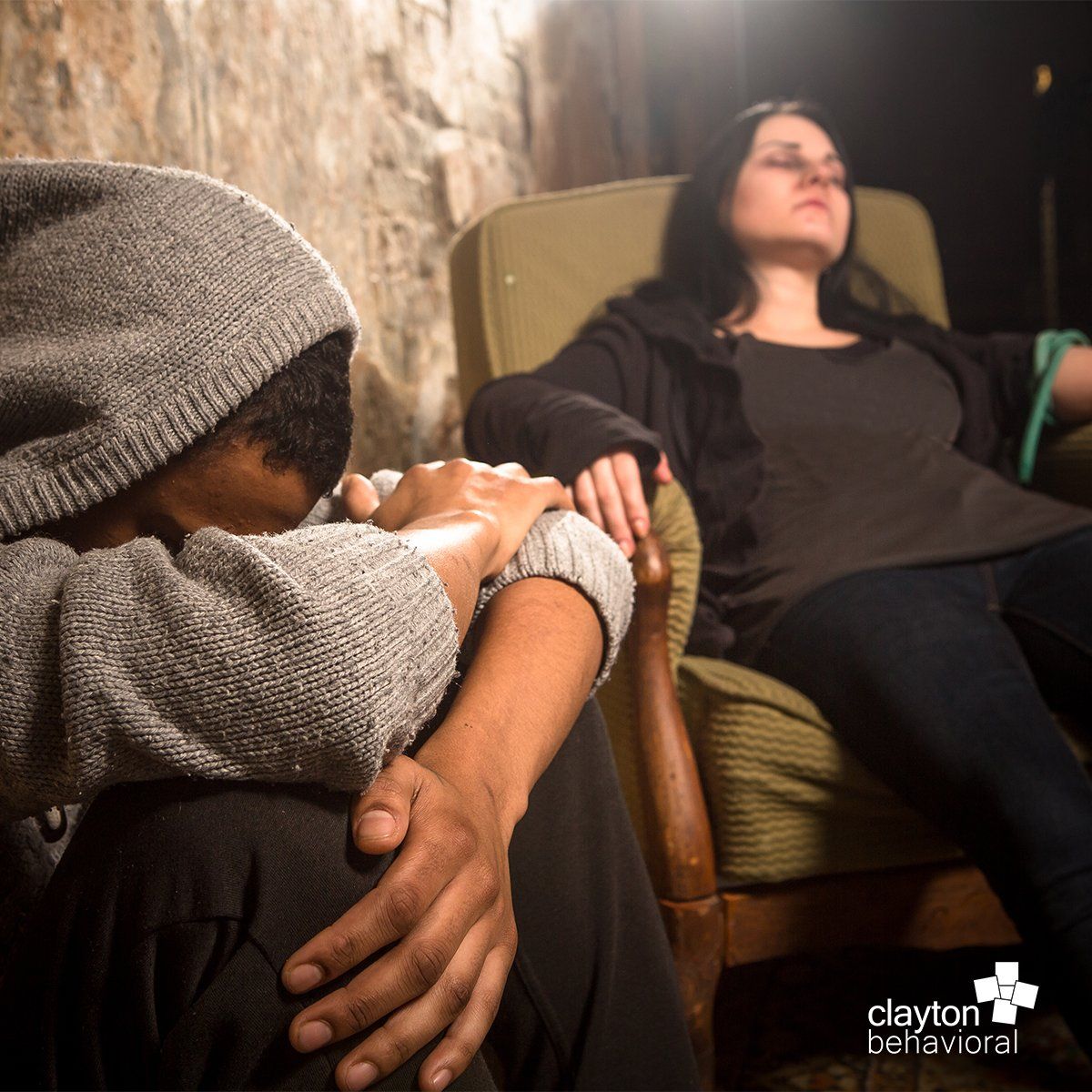Legalizing Recreational Marijuana: What You Need To Know

It’s been a little over six years since marijuana became legal in the United States, yet scientists today are still unearthing data on both the mental and physical effects of this drug.
With the number of states pushing toward legalization expected to grow this year, it’s important to understand how legalizing recreational marijuana could affect the public and possibly even our health.
The State of Legalization
Marijuana legalization initiatives swept the U.S. last year, with a majority of states now permitting legal use in some form.
Despite marijuana remaining illegal at the federal level as a Schedule I substance, states have continued to push forward with legalization over the last decade, making recreational marijuana now legal in 10 states and medical marijuana legal in 33.
Starting in November of 2012, Colorado and Washington became the first two states to legalize marijuana for adult use. Two years later Alaska, Oregon and Washington, D.C. followed suit. By 2016, voters in four additional states – California, Massachusetts, Maine and Nevada – also approved measures legalizing marijuana. Then in January 2018, Vermont became the first state to legalize marijuana through a state legislature—with more to come in the near future.
As for 2019, Forbes notes that the number of states that allow the use of marijuana is expected to rise—largely due to the number of pro-legalization candidates that won at the midterm ballot boxes last November.
Though not all political leaders, U.S. government officials, health care providers and medical organizations share these same views on marijuana use, public support for legalization is at a record high. Reflecting a steady increase over the past decade, a new Pew Research Center survey shows that six in 10 Americans (62 percent) say the use of marijuana should be legalized, which is double what it was in 2000 (31 percent).
As legalization begets more legalization and less stigmatization, many scientists continue their push to uncover just how this substance can affect our health. Although many consider it to be a ‘real-time’ experiment, there are several concerns to take into consideration.
Recreational Marijuana: The Consequences
Marijuana is the most commonly used illegal drug in the United States. Over the last several years, it has become legally available for recreational use to roughly a quarter of Americans. While there are arguments in favor of the substance for medical purposes , marijuana use may have a wide range of health effects on the body and brain.
Addiction
Some medical experts note that, contrary to popular belief, marijuana can be addictive. Specifically, the CDC notes that one in 10 marijuana users will become addicted; for people who begin using before the age of 18, that number rises to one in six. While it is possible for some people to occasionally use marijuana without developing problems , there are some additional effects some users may not be aware of.
Lung health
How marijuana affects our lung health is determined by how it’s consumed. In many cases, marijuana is smoked, which can harm lung tissues and cause scarring and damage to small blood vessels.
With more than 500 chemicals, marijuana comes from the dried flowers of cannabis plants, and its smoke contains many of the same toxins, irritants, and carcinogens as tobacco smoke. As a result, smoking marijuana can also lead to a greater risk of bronchitis, cough and phlegm production.
Brain health
In terms of cognitive effects, marijuana use directly affects the brain — specifically the parts of the brain responsible for memory, learning, attention, decision making, coordination, emotions and reaction time.
While short-term effects for heavy marijuana users can include problems with attention, memory, and learning, which can affect relationships and mood, there is a possibility of these extending into long term effects.
In an episode of Eye on Health , Richard Grucza, PhD., professor of psychiatry at Washington University in St. Louis, explains that marijuana use can impair working memory during use but also weeks and months afterward. As a basic mental skill involved in most everyday tasks, working memory is crucial for students and young adults whose brains rely on this function to learn and retain information in the future, says Grucza.
That being said, it’s important to note that some more recent studies have begun to cast doubt on these claims, suggesting that the relationship between adolescent cannabis use and cognitive decline in adulthood might not be as straightforward as previously thought.
Conclusion
Though the federal ban on marijuana makes it harder to study its effects on humans, scientists aren’t sitting idle in their efforts to uncover how marijuana affects us. In the meantime, as the number of states legalizing marijuana continues to grow, the current evidence to suggest its consequences to our health should be taken seriously—especially with our younger generation.
Clayton Behavioral provides intensive outpatient addiction programs ranging from six weeks to six months. We also offer safe medical detoxification, psychiatric assessment and treatment, psychotherapy for anxiety, depression, and other co-occurring mental health problems and continued care and support groups to facilitate long-term recovery.
If you think you or someone you know may be affected by alcoholism or drug addiction, please contact us for a confidential individual or family consultation at 314-222-5830. You can also visit our website or send us an email for more information.









